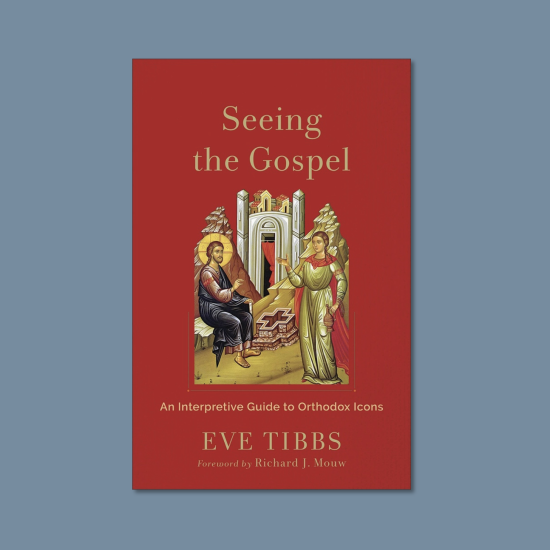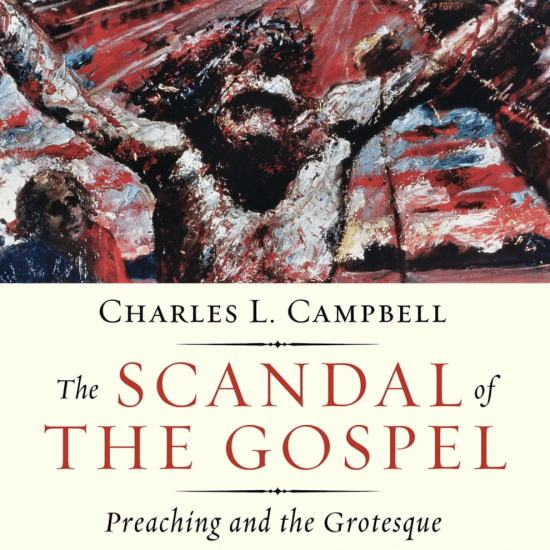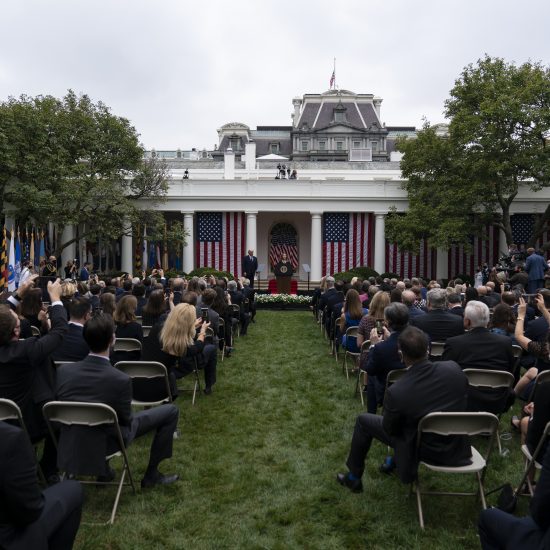By Vicki Brown
Word&Way Correspondent
Technology has opened new avenues to reach people with the gospel. Many churches, particularly smaller congregations, have shied away from technology, often due to cost.
Podcasting may be a cost effective, fun and techno-savvy way for individuals and churches to share the Good News and appeal to young adults.
Bolivar optometrist Tom Jones has been podcasting commentary on the Book of Mark for more than a year. He started listening to podcasts after receiving an iPod® and discovered the medium is “so niche-driven.”
“I found things you normally can’t find on radio and television,” he said. “I found one about words and language, one about apologetics, different things. I realized this is really cool and thought about what I could do.”
Jones approached longtime friend Rodney Reeves, dean of the Courts Redford School of Theology at Southwest Baptist University, about developing a theology-based, listener-friendly podcast.
“Rodney makes great points [in class] that not everyone had access to,” Jones explained as one reason for his choice. “This podcast is academic, not devotional, so you probably wouldn’t hear it on the radio, and most people wouldn’t have access to it unless they lived in a university town.”
To develop an episode, the two men sit down and simply talk about a Scripture portion, focusing on the story elements or ideas, rather than a verse-by-verse exegesis. They are just starting on Mark 6.
The advantage, Jones believes, to podcasts, rather than traditional broadcast methods, is their lifespan and the potential numbers of people they can reach. A podcast “lives forever” in cyberspace, he said. “People can listen to it at their leisure and as frequently as they would like.”
A church that already has a computer and a microphone can get started for about $100. “My guess is that most churches have what they need or that someone in the church does. Most already can record their services,” he said. He spends $5 per month to post the podcast, his only ongoing cost.
First Baptist Church, Smithville, uses podcasts in a limited way because member and techno-phile Bill Kerr records and posts sermons from time to time.
Although pastor Melvin “Pete” Hill acknowledges he leaves the technology to Kerr, he believes technology gives the church the opportunity to reach a “broader spectrum of people than we do now.”
“In our society, we are going to have to do some things to reach the public, things we either haven’t been able to do or have been unwilling to do,” he said. “We have to start answering the hard questions realistically…. Technology could really be a boon…just to be able to get the answers out.”
Jones sees advantages to podcasting. Worship services, Bible studies and special events can be available to everyone, everywhere. His brother-in-law, a missionary in Russia, shares Jones’ podcast with fellow missionaries.
Because missionaries in the region have few opportunities to get together, Jones’ brother-in-law is interviewing his fellow workers to help them keep up with each other’s ministries.
Churches could use podcasting to share stories of missionaries they support with members and special groups.
Jones acknowledges individuals and churches likely will not see financial rewards from the ministry, but that their podcasts will touch people’s lives. “You don’t know who you are touching, and it may be months before you get a response,” he said.
“What’s exciting to me is that we are able to use the technology in a different way. It was not intended as a tool to share the gospel but to sell music,” he said. “But these words…can bring life to people.”
Check out his podcast at www.drybonesdance.com.





